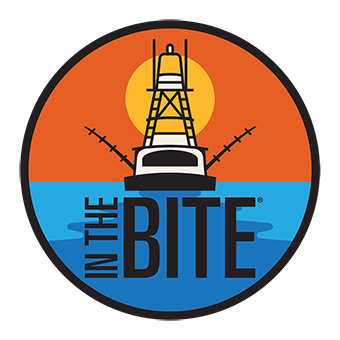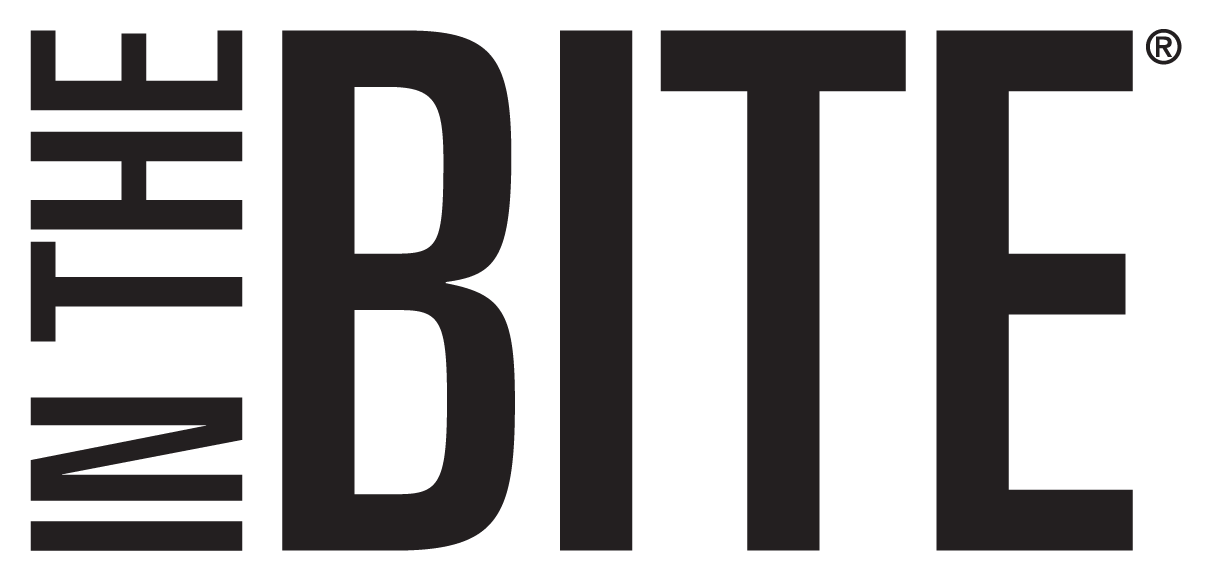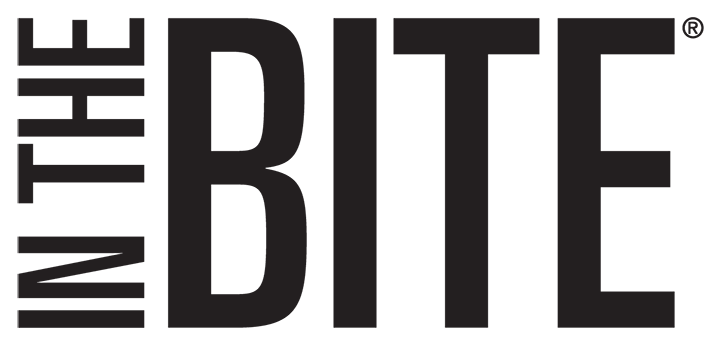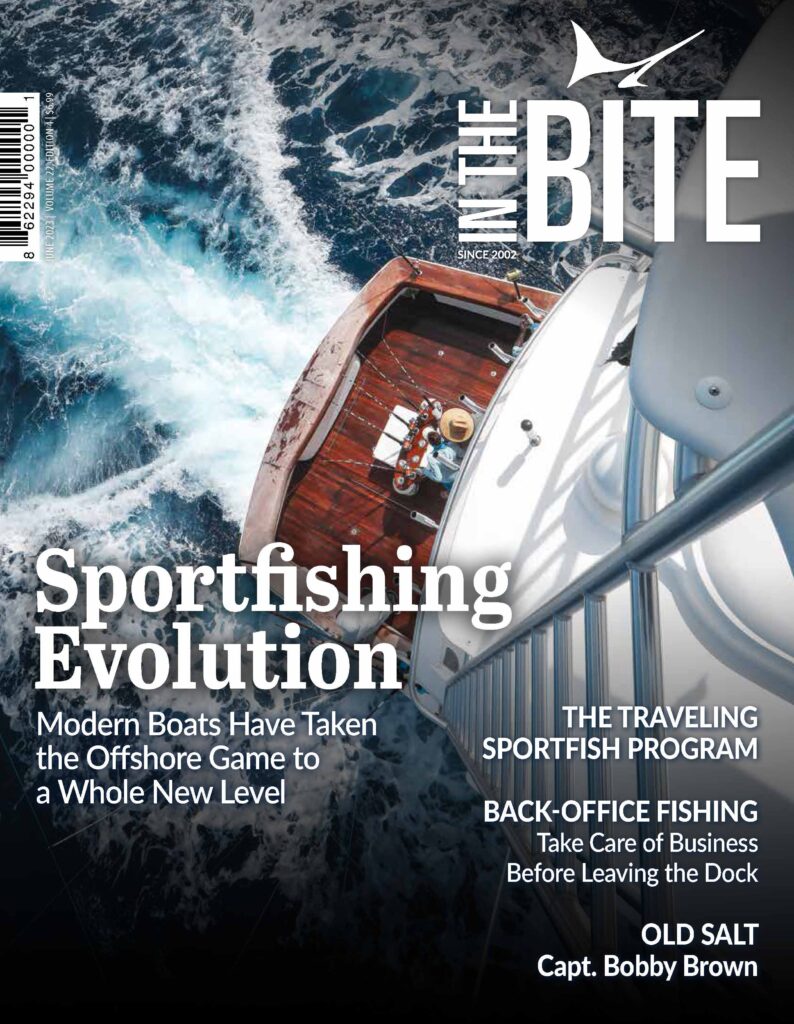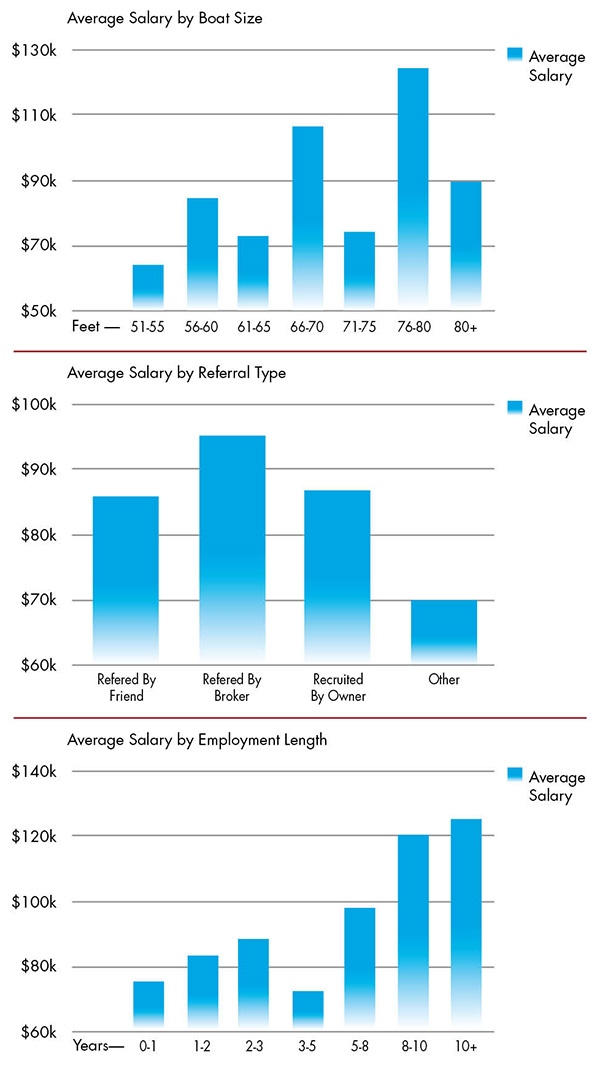Table of Contents
Understanding Compensation Plans in Sportfishing
Greenbacks are prized across global sportfishing fleets and one could say the prosperity of our entire industry hinges on the accessibility of this miniscule halfbeak. While many of us are so passionate about the sport that we might even be tempted to work for free to go fishing, we’re all slogging away in the name of another greenback and can’t lose sight of the fact that working on a boat is the primary source of income for many of us. However, long hours, physically and mentally tough work combined with a variety of boats, owners and schedules makes for a diverse array of job descriptions and expectations. Not to mention the expenses that your income may have to cover.
Operating, managing and maintaining a private sportfish is anything but a traditional job, and therefore not-so-traditional compensation methods are available and common in the industry. The economic situation in 2020 brought this topic to light and reminded us that it is an important subject for those entering the industry and also for experienced crew who may be branching out in their career.
Let’s look at three different ways you could receive compensation for working on a boat.
The Traditional W-2 Employment Model
The most common means an employee gets paid is through a company payroll plan. This results in the employee receiving a W-2 from their employer at the end of the year. An employee could be paid hourly or salary under this classification. A W-2 employee has taxes deducted before the paycheck is issued. These taxes at a minimum consist of federal, state and Social Security and Medicare withholdings. The employer pays matching Social Security, Medicare and unemployment taxes. Receiving a paycheck under the W-2 program is the easiest for the employee, since the employer is responsible for the accounting. The employee just collects the paycheck, and besides taxes that are automatically withheld, there is not much to keep track of.
Working as an employee allows for supplementary compensation and participation in company sponsored programs such as healthcare and retirement plans. Employees are often reimbursed for expenses incurred while carrying out the duties of their job. While it should be obvious, if you are a W-2 employee you work for and are under the direction of the company. If you are separated or leave that job, you may be eligible for unemployment benefits.
Capt. Pat Svehla, owner/operator of a charter boat in Ocean City, Maryland, and a successful Certified Public Accountant specializing in taxes, indicates that a W-2 employee is the cleanest method of compensation for the employee and generally keeps one in the good graces of the tax authorities. Although it does not allow the employee a deduction of out-of-pocket expenses, it puts the employer on the hook for half of the employee’s Social Security and Medicare tax.
The Flexibility of 1099-MISC Employment
Another popular method of compensation is the 1099-MISC. A person who falls under this classification is most often referred to as an independent contractor or a self-employed individual. You, as a worker, can enter a contract with a company as an independent contractor to perform a specific role or complete a specific task. Contractors may set their own hours and use their own tools. They may even work for more than one business. Taxes are not withheld from paychecks and independent contractors must calculate and pay their own taxes. Generally, a 1099 worker cannot enroll in company sponsored plans such as health insurance, retirement plans and other programs available to W-2 employees. From the owner’s perspective, there are no 401Ks nor full-time salaries and paid vacations to fund. And there is no riding out contracts if the crew doesn’t live up to expectations.
At tax time, a 1099 worker can deduct costs incurred to perform the job from the revenue received, which often results in a lower tax bill. Popular 1099 tax deductions include vehicle mileage, health insurance premiums, home office deduction, work supplies, travel, vehicle expenses, cell phone cost and business insurance. When it comes to independent contractors, Capt. Svehla says more diligence is required with record keeping. While you can maximize your income through strategic management of your paychecks, withholdings, and deductions, the IRS has strict criteria to determine if a worker is truly a 1099 worker or a W-2 worker, and improper classification can result in penalties.
Incorporating to Manage Compensation
The most flexible and also complex method of managing your pay is through a small business corporation. As captain or crew, you can create an S-corp or LLC and bill the boat owner for your services. S-corp avoids the double taxation that can occur with a small business C-corp. While W-2 and 1099 scenarios are well-known, the corporate structure is less common in our industry but can offer significant financial incentives.
Though a trusted tax advisor can help navigate the waters, you can generally deduct the expenses incurred from running the company from the revenue received — the remaining amount is the company profits, which could even be zero or negative. You will pay taxes based on the corporate structure, but the tax liability of most small businesses flows to the owner and combines with their personal tax filings. I just had a conversation with a mate on a sportfish boat who gets paid through a company W-2 but cleverly maintains an LLC where he records the income from tournament winnings.
Navigating Tax Implications and Benefits
I overheard a captain, who has realized the benefits of incorporation, bragging that he did not make any money after all his deductions, and proudly reminded us of what he really meant — that he did not have to pay much taxes on his earnings, since there were none on paper. While this is not necessarily a proper scenario or sustainable for years, it is a possible outcome.
Capt. Svehla works with many corporate structures and finds that substantial diligence is required for accurate record keeping. At the same time, the entity pass through structure is the most advantageous when it comes to utilizing deductions and setting up tax deductible retirement plans. It is not illegal to receive cash as compensation for working if the employer deducts and pays payroll taxes and the employee claims the cash as income on their taxes. In our industry, under the table transactions are common but can land both parties in trouble with the IRS.
Choosing the Right Compensation Structure
There are several advantages and disadvantages of the different types of employee compensation and structure. A W-2 employee classification is the simplest for all parties involved. This method is not very flexible if you as an employee incur significant out of pocket expenses while doing your job. But as an employee you are often covered for workplace accidents and generally cannot be sued personally due to the performance of your work.
Evaluating the Pros and Cons of Each Model
A 1099 employee offers more freedom in deducting job-related expenses from income without the burden of forming a corporation or similar business structure. Racking up deductions might initially seem appealing in reducing your tax liability, but it also results in less reportable income, making it difficult to demonstrate you are qualified for a loan or other financial transaction. You should and may be required to obtain business insurance, since you may not be covered if a work-related incident occurs, both personal injury and general liability in and around the boat.
To Incorporate or Not to Incorporate
Forming a corporation or similar business structure is a great idea for those skilled in record-keeping and with access to the resources needed to help navigate the special deductions and more difficult tax forms necessary in keeping a business compliant with federal requirements. When it comes to legal matters, an LLC or S-Corp, except in very rare circumstances, can shield the owners from being sued for the business’ wrongful conduct. However, if the business is a sole proprietorship or a partnership, the owners could more easily be sued personally, in addition to the business being sued.
You might be thinking why anyone would want to entertain the complications of forming a company just to get paid. Looking back at the 2020 pandemic, 2018 red tide bloom and 2010 Deepwater Horizon oil spill, these were all disasters for the entire community, certainly not just the sportfishing industry. These events caused a loss of jobs and economic hardship, and the federal and local governments had generous financial programs to help support small businesses during these tough times. Participation in most of these programs was for companies and not individuals. If you are a W2 employee and lose your job during a major economic event your options are to apply for unemployment benefits or get a new job; 1099 workers are not usually eligible for government relief.
Maximizing Your Financial Future in Sportfishing
Operating through a corporate structure also allows you the flexibility to run the business of fishing for an owner. Some owners prefer to pay the captain a lump sum to cover expenses for the entire operation, in essence making the captain also the CEO of the boat, responsible for hiring, firing and making business decisions that are financially responsible and justifiable.
While each type of arrangement has inherent issues and consequences, setting up a company to provide captain or crew services may serve you well as your marine career evolves, allowing the flexibility to perform work on a contractual basis without creating different compensation structures for each boat and owner. Incorporating as an official business can also instill confidence in potential clients while helping to maximize your take-home income.
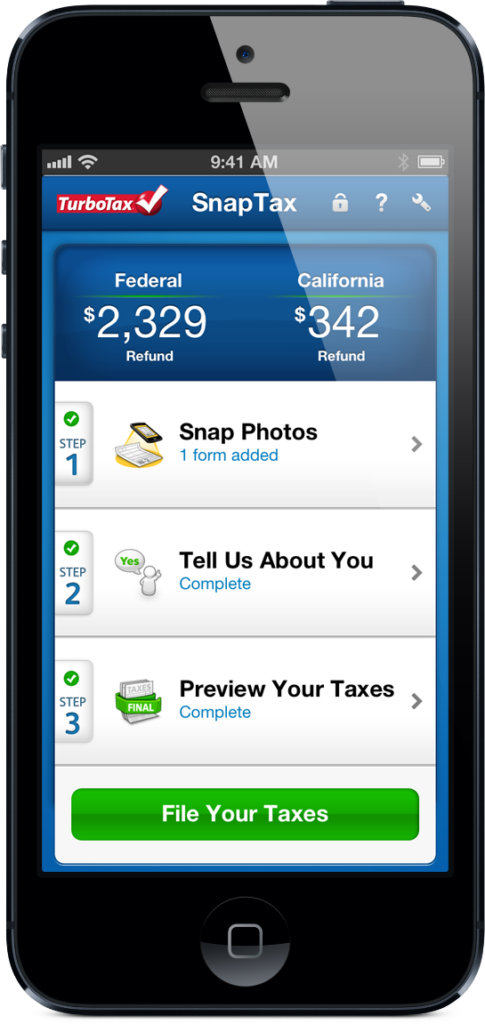
Death & Taxes
When your financial picture becomes sufficiently complicated, spending the extra cash to hire a professional tax advisor can save you money in the long run. However, for simple W-2 wages and even some more complex self-employment income, TurboTax is a great resource. The software considers every aspect of your tax bill, accounting for all income sources and also for all possible deductions and credits.
Don’t Forget to Check Out Our Sportfishing Job Board! Did You Know? It’s the perfect platform for seeking skilled captains and mates. Whether you’re on the hunt for your dream team or looking to join one, your next big adventure begins here. Explore the opportunities now! Click Here
Dive Deeper into the World of Sportfishing
You’ve just experienced a taste of the exceptional content featured in the pages of InTheBite Sportfishing Magazine. If you found this engaging, you’re in for a treat with our full publication. Whether you prefer the tactile experience of print or the convenience of digital or both we have a special offer for you.
Unlock Exclusive Savings: Enjoy 50% Off Your Subscription!
Are you ready to explore the thrilling world of sportfishing from the comfort of your home? Subscribe now and embark on a journey filled with captivating stories, expert insights, and insider tips. Choose between our digital or print edition and secure an incredible 50% discount on your subscription.
Subscribe today and get ready for an adventure like no other. Click here to subscribe and elevate your sportfishing experience with InTheBite Sportfishing Magazine.
